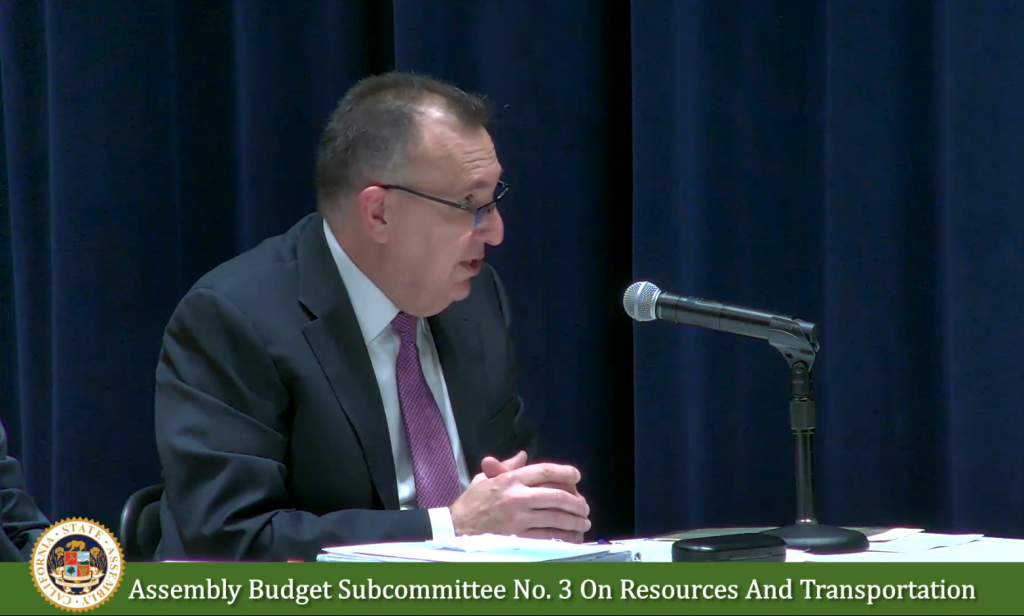DHS doesn’t trust New Yorkers
In a new twist on the familiar US Department of Homeland Security (DHS) tactic of trying to intimidate state governments into sharing drivers license data with the DHS by threatening to harass, delay, or interfere with the rights of residents of those states when they travel, the Acting Secretary of Homeland Security has declared that New York residents won’t be allowed to apply for or renew participation in any of the DHS Customs and Border Protection (CBP) “trusted traveler” programs.
The DHS says that this is because New York’s new “Driver’s License Access and Privacy Act… effective December 14, 2019… forbids New York Department of Motor Vehicles (DMV) officials from providing… driver’s license and vehicle registration information to the United States Department of Homeland Security (DHS).”
That provision of New York state law appears to be intended to prevent New York DMV records pertaining to driver’s licenses issued to otherwise undocumented New York residents from being used by the DHS to round these New Yorkers up and deport them. The DHS doesn’t like it that New York, like at least fifteen other states, issues driver’s licenses on the basis of whether residents demonstrate competence to drive, not their immigration status.
The DHS knows that it has no authority to tell states to whom they can or can’t issue drivers’ licenses. Instead, it has used the data sharing prohibition in New York law as the pretext for retaliating against the state government by discriminating against New Yorkers.
As New York Governor Mario Cuomo pointed out in his response to the DHS decision, the DHS has never previously required applicants for any of its “trusted traveler” programs to have a driver’s license at all. No law supports the DHS demand for access to DMV data about drivers as part of its pre-crime assessments of would-be air travelers.
It’s clear from a comparison with DHS actions related to the REAL-ID Act that the DHS claim that it “needs” state DMV data to “vet” (i.e., make pre-crime assessments of) air travelers is pretextual, hypocritical, and fully warrants a judicial finding that it constitutes an arbitrary denial of equal protection of the law to New York residents.
The REAL-ID Act — unlike any law or regulation related to “trusted traveler” programs — does require states to share drivers license and state-issued ID data if they want to be deemed “compliant” (although state compliance is optional). An outsourced national ID database has been set up by a nominally private contractor to allow states that want to comply to do so. However, New York, like more than half of the other states and territories subject to the REAL-ID Act, hasn’t chosen to participate in the SPEXS database or share its data.
But the DHS, despite this manifest noncompliance with the explicit statutory criteria for driver’s license data sharing, has chosen to certify New York (and almost all of the other noncompliant states and territories) as “compliant” with the REAL-ID Act.
Members of the House of Representatives have already asked the DHS for an explanation of the legal basis for its new discrimination against New York residents. And both the state of New York and the New York Civil Liberties Union have announced that they plan to sue the DHS on behalf of New Yorkers who are being discriminated against.
